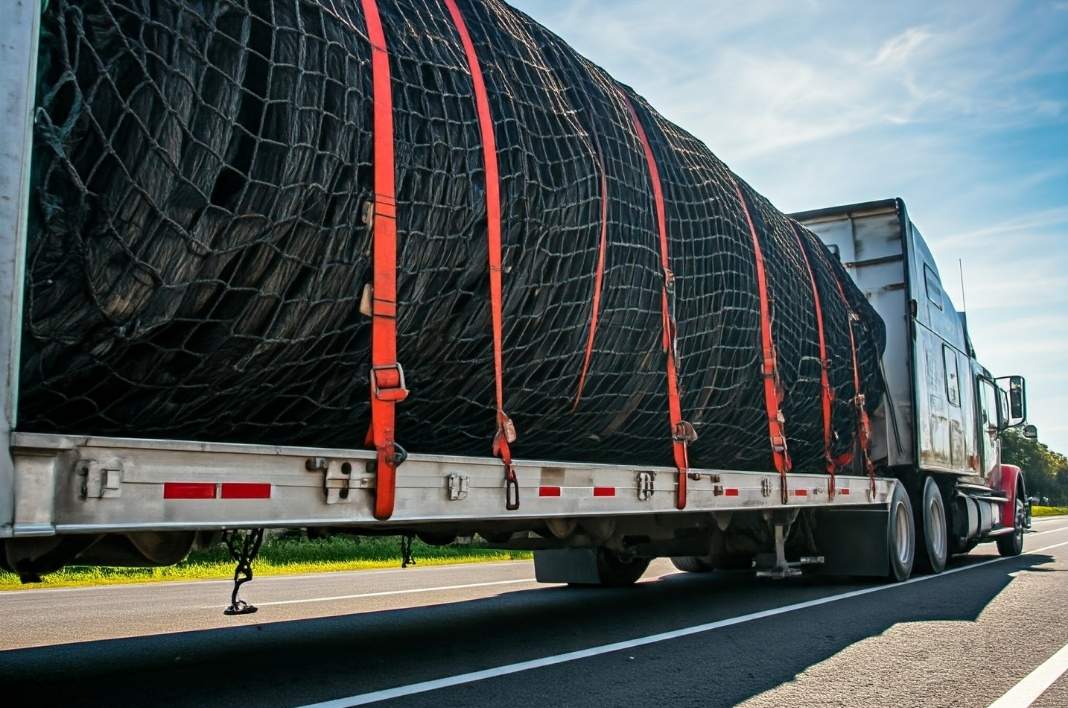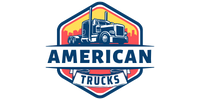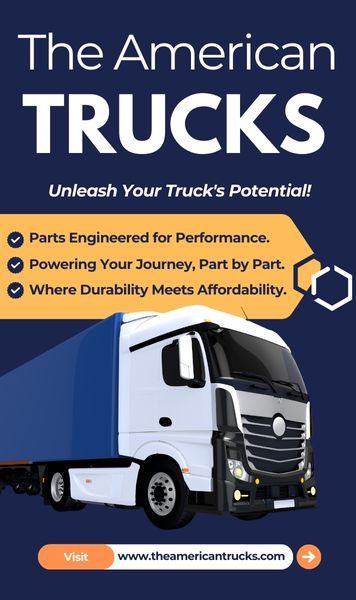
What is a Cargo Stabilizer?
A cargo stabilizer is a device used to secure loads within truck trailers, minimizing movement during transit. Essential for maintaining load stability, it protects both the cargo and the vehicle by preventing items from shifting and reducing the risk of accidents caused by imbalanced or loose loads.
The Importance of Cargo Stabilizers in Trucking
Cargo stabilizers are crucial in the trucking industry, particularly for American trucks carrying heavy loads over long distances. Stabilizers help protect valuable cargo from potential damage due to sudden movements, road vibrations, or sharp turns, contributing to a safer transport process and reducing potential losses.
How Cargo Stabilizers Work
Cargo stabilizers work by applying tension and pressure to hold items in place within a truck trailer. The stabilizer can be adjusted to fit different cargo dimensions, locking in position to prevent movement. This is especially important in trucks that carry diverse loads, as the stabilizer’s flexibility allows for securing various cargo types effectively.
Benefits of Using Cargo Stabilizers
Using a cargo stabilizer comes with several benefits, including enhanced safety, protection for the cargo, and reduced wear on the vehicle. By minimizing load shifts, stabilizers reduce the strain on truck parts and prevent damage to delicate cargo. Additionally, they contribute to smoother driving experiences, as the load remains stable throughout the journey.
Types of Cargo Stabilizers
Several types of cargo stabilizers are available to meet the different needs of truck operators. Common types include bar-style stabilizers, which adjust across the trailer, and net-style stabilizers, which secure the load using a net that envelops the cargo. The type of stabilizer chosen depends on cargo size, weight, and load characteristics.
Choosing the Right Cargo Stabilizer for Your Truck
Selecting the right cargo stabilizer involves considering the load type, truck model, and route conditions. For instance, trucks carrying heavy loads over uneven terrain may benefit from heavy-duty stabilizers, while lighter loads on smoother roads might only require basic stabilization. Choosing the right stabilizer enhances both cargo safety and vehicle performance.
How to Install Cargo Stabilizers
Installing a cargo stabilizer is a straightforward process, but it’s essential to follow the manufacturer’s instructions to ensure a secure fit. Position the stabilizer in line with the cargo, adjust it to the appropriate width, and lock it in place. Regular checks should be made to ensure that the stabilizer remains secure throughout the trip, especially on long hauls.
Maintenance of Cargo Stabilizers
Maintaining cargo stabilizers is key to ensuring their longevity and effectiveness. This includes checking for wear and tear, cleaning the stabilizer to remove dust or residue, and replacing any worn parts. Regular maintenance prevents unexpected failures, keeping both the cargo and the vehicle secure during transport.
The Role of Cargo Stabilizers in Preventing Load Shifts
Load shifts can occur if cargo is not securely held in place, leading to potential accidents or cargo damage. Cargo stabilizers prevent such shifts by keeping the load stable, even on rough roads or during abrupt stops. This reduces the risk of accidents, keeping both drivers and other road users safe.
The Impact of Cargo Stabilizers on Fuel Efficiency
A well-secured load can positively impact fuel efficiency by reducing the drag and instability caused by shifting cargo. By preventing load movement, cargo stabilizers contribute to a balanced, streamlined load, which helps in optimizing fuel consumption and reducing overall transportation costs for truck operators.
How TORQUE PARTS’ Cargo Stabilizers Stand Out
At TORQUE PARTS, our cargo stabilizers are designed for maximum durability, reliability, and ease of use. Made from high-quality materials, our stabilizers provide a secure solution for American truck operators who require dependable cargo security. Each stabilizer is tested for effectiveness, ensuring it meets the demands of long-distance trucking.
The Cost-Effectiveness of Using Cargo Stabilizers
Investing in a quality cargo stabilizer is cost-effective in the long run. By preventing cargo damage and reducing vehicle wear, stabilizers lower repair and replacement costs. They also minimize delays associated with cargo-related issues, making them a valuable addition for operators focused on efficiency and reliability.
How Cargo Stabilizers Enhance Driver Safety
Driver safety is paramount in trucking, and cargo stabilizers play a vital role in protecting drivers. By ensuring that cargo remains secure, stabilizers help maintain vehicle stability, preventing sudden shifts that could disrupt driving control. This safety enhancement is crucial, particularly for drivers navigating challenging road conditions.
Legal Regulations Around Cargo Stabilization
In many regions, there are legal regulations regarding cargo security for commercial vehicles. Compliance with these regulations not only ensures safety but also helps avoid fines or penalties. Cargo stabilizers play an important role in meeting these requirements, giving operators peace of mind and legal compliance.
Tips for Using Cargo Stabilizers Effectively
To maximize the effectiveness of a cargo stabilizer, ensure that it is properly fitted and suitable for the specific cargo. Avoid overloading, which can strain the stabilizer, and perform regular checks throughout the journey. This ensures that the stabilizer remains secure, protecting both the cargo and the vehicle.
Conclusion
Cargo stabilizers are an essential tool for American truck operators, offering benefits that range from enhanced cargo security to improved fuel efficiency and driver safety. At TORQUE PARTS, we offer reliable, durable cargo stabilizers that meet the demands of long-distance trucking and protect valuable loads. By choosing the right stabilizer and maintaining it well, truck operators can ensure safer, more efficient transport for every journey.
Follow us to get detailed information: Cargo Stabilizer
Check out our articles Cargo Stabilizer




